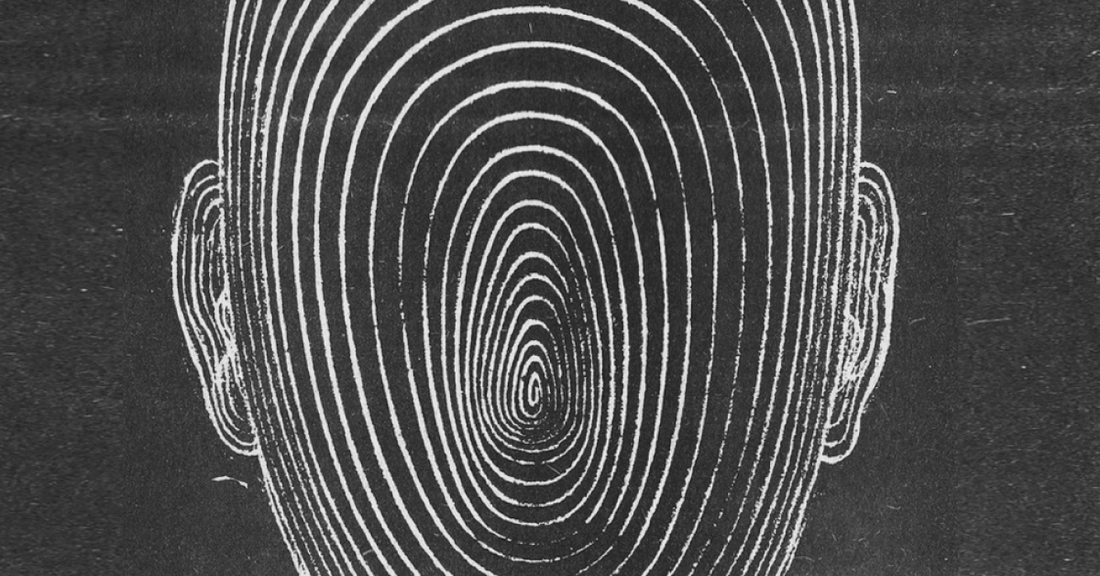Having recently celebrated a birthday that places me firmly at the low end of the Old Guy spectrum, I'm (literally) painfully aware of the growing mileage on my earthly vessel. Among other things—by which I mean everything—this is taking a toll on my memory. For example, as I relearn to play the piano, musical passages that would have once taken me just days or even hours to memorize are now taking months.
Which brings us to the first of many methods for keeping the rust off your memory banks that we’re about to explore. Don’t worry—you don’t have to be AARP-eligible to reap the benefits of these science-backed hacks. They can be useful for anyone interested in strengthening and buffering one’s recall.
Learn a New Skill
A study of 259 older adults suggested that taking up new, challenging activities like quilting and digital photography can have a positive impact on memory. The same goes for music lessons, which have been found to improve cognitive function—including memory—in older adults. That’s an especially good choice, as the link between music and memory is well documented: Studies of Alzheimer's patients have revealed that even when all other memory is compromised, the parts of the brain that store music-related memories remain intact. As a huge bonus, test participants’ overall mood and quality of life increased.
Eat Wisely
In general, good nutrition is going to help keep your brain firing on all cylinders. In specific, there’s strong evidence that foods like blueberries and other berries, nuts, certain seeds, leafy green vegetables and oily fish such as salmon, tuna and sardines may help preserve and strengthen memory.
Oh, and how could we forget? A flavonoid in chocolate shows promise in rapidly reducing certain memory deficits. Dark chocolate might be particularly helpful in boosting cognitive function, including recall, and in promoting health in brain regions associated with memory.
Here's a more thorough list of foods that may help boost and protect your memory.
Take Nootropics
A nootropic is a supplement that is believed to enhance memory and other kinds of brain functions. Some examples are Ginkgo biloba, Bacopa monnieri and lion’s mane, the last of which MUD\WTR proudly uses in all of its :rise and :balance blends to help give the ol’ grey matter a kick in the pants.
Here's a longer list of nootropics that are said to enhance and protect memory.
Play Brain Games
In London, taxi drivers in training spend three to four years memorizing the names and layouts of streets and the fastest routes within the city. Studies have shown that these drivers’ posterior hippocampi (the brain’s memory center) grow in proportion to the amount of time they’ve been doing this job.
In that situation, memory enhancement is simply a by-product of the cab drivers’ occupation. The deliberate use of memory-enhancing techniques for that purpose is known as memory training.
There’s some dispute over the efficacy of memory training, but studies like this, this and this bear witness to its potential. NPR has pointed to a specific type of memory training known as n-back as the most effective method.
Websites and apps like Brain HQ, Peak and CogniFit offer memory training in the form of games, exercises and programs. You could say they’re gyms for the brain.
Practice Mindfulness
Speaking of bulking up the hippocampus and improving working memory, mindfulness appears to do just that. And no, that isn’t wishful thinking from the same folks who will tell you crystals can clean the lint out of your pineal gland; there’s real science to back this claim.
Here’s a primer in the use and benefits of mindfulness practice.
Reduce Stress
Stress is a known enemy of memory. Chronic stress—the kind that’s continuous, as opposed to a temporary reaction to immediate danger—is especially insidious, wearing down and shrinking the hippocampus by way of high cortisol levels.
Besides, stress is no fun. So here are some tips for reducing stress.
Exercise
Not only does a steady aerobic exercise routine keep blood and oxygen flowing to the brain, but studies like this and this suggest that it also stimulates growth of the hippocampus and a corresponding strengthening of the memory.
According to the Harvard Health Letter, exercise reduces inflammation and insulin resistance. It also promotes growth of new blood vessels in the brain, helps new brain cells survive and flourish and mitigates factors associated with cognitive decline such as insomnia, stress, anxiety and depression.
The CDC recommends that healthy adults get at least 150 minutes per week of moderate-level exercise such as vigorous walking (or 75 minutes of high-intensity cardio).
Here are some exercises that may help give your memory a boost.
Spend Time With Friends and Loved Ones
Researchers have found a positive correlation between memory maintenance and a strong sense of social connection. Along with helping guard against dementia and other forms of cognitive impairment, staying in steady contact with family and friends can help stave off stress, depression, insomnia and other factors linked to compromised memory.
Get Good Sleep
A proper night’s rest is essential for the removal and consolidation of old memories to clear up storage space for new ones. Lack of sleep can lead to serious health problems, including memory-compromising conditions like Alzheimer’s.
If you’re not regularly getting the seven to nine hours of sleep you need to keep your physical, emotional and mental functions—including your memory—in peak condition, check out this simple hack for resetting your circadian rhythm. It could literally be a lifesaver.
Damon Orion is a writer, musician, artist, and teacher based in Santa Cruz, CA. He has written for Revolver, Guitar World, Spirituality & Health, Classic Rock, High Times and other publications. Read more of his work at damonorion.com.




